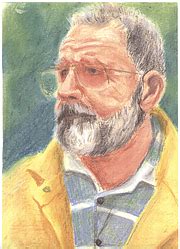A Quote by Frederick Lenz
The samurais were very interested in Zen because they admired the tremendous precision that the Zen Masters had, their lack of fear and pain and their absolute lack of fear of death.
Quote Topics
Related Quotes
Zen purposes to discipline the mind itself, to make it its own master, through an insight into its proper nature. This getting into the real nature of one's own mind or soul is the fundamental object of Zen Buddhism. Zen, therefore, is more than meditation and Dhyana in its ordinary sense. The discipline of Zen consists in opening the mental eye in order to look into the very reason of existence.

























